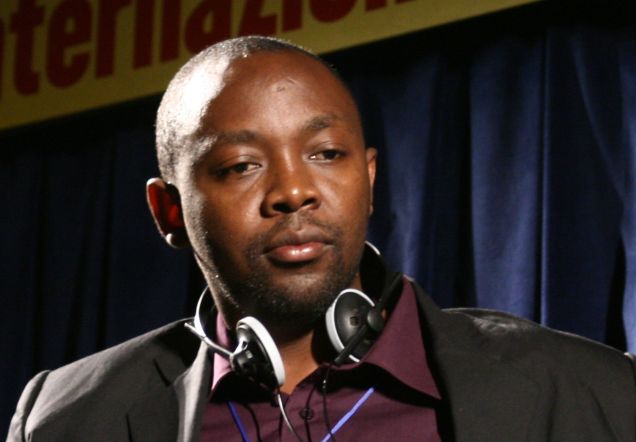
It is said that those who forget history are destined to repeat it. But even remembering the past can be dangerous, says Rwandan-born author Olivier Nyirubugara.
Nyirubugara will host a seminar on the role of memory in a post-genocide society on 5 September at the African Studies Centre in Leiden. The seminar is part of the Peace Palace centennial celebrations (see details below).
In his book, Complexities and Dangers of Remembering and Forgetting in Rwanda, Nyirubugara discusses his view that ethnic identities, and the memories related to them, create a lethal trap that must be dismantled to neutralize the threat of new mass violence in Rwanda.
Nyirubugara is a lecturer in new media and online journalism at Erasmus University in Rotterdam.
He argues that Rwandans have become hostages of their memories of the distant and recent past. His book describes how these memories follow ethnic lines and lead to a state of cultural hypocrisy on the one hand, and to permanent conflict – either open or latent – on the other. Seemingly harmless cultural practices such as child-naming, myths, folklore, proverbs, and poetry affect how communities conceptualize the past.
Nyirubugara’s book is the first in the Memory Traps series, which he hopes "will capture the attention of those interested in understanding those societies around the world where memory seems to be a burden and a cause for cultural hypocrisy."
Date, time and location
05 September 2013
3:30 p.m. - 5:00 p.m.
Pieter de la Courtgebouw / Faculty of Social Sciences
Wassenaarseweg 52, 2333 AK Leiden
Room 1A01
Registration
Click here to register for this seminar
To find out about an organization in Afghanistan that is also involved in the managing of memory in post-conflict society, click here
(Photo: Olivier Nyirubugara http://www.flickr.com/photos/mauroppi/3990518422/sizes/o/in/photostream/ )
